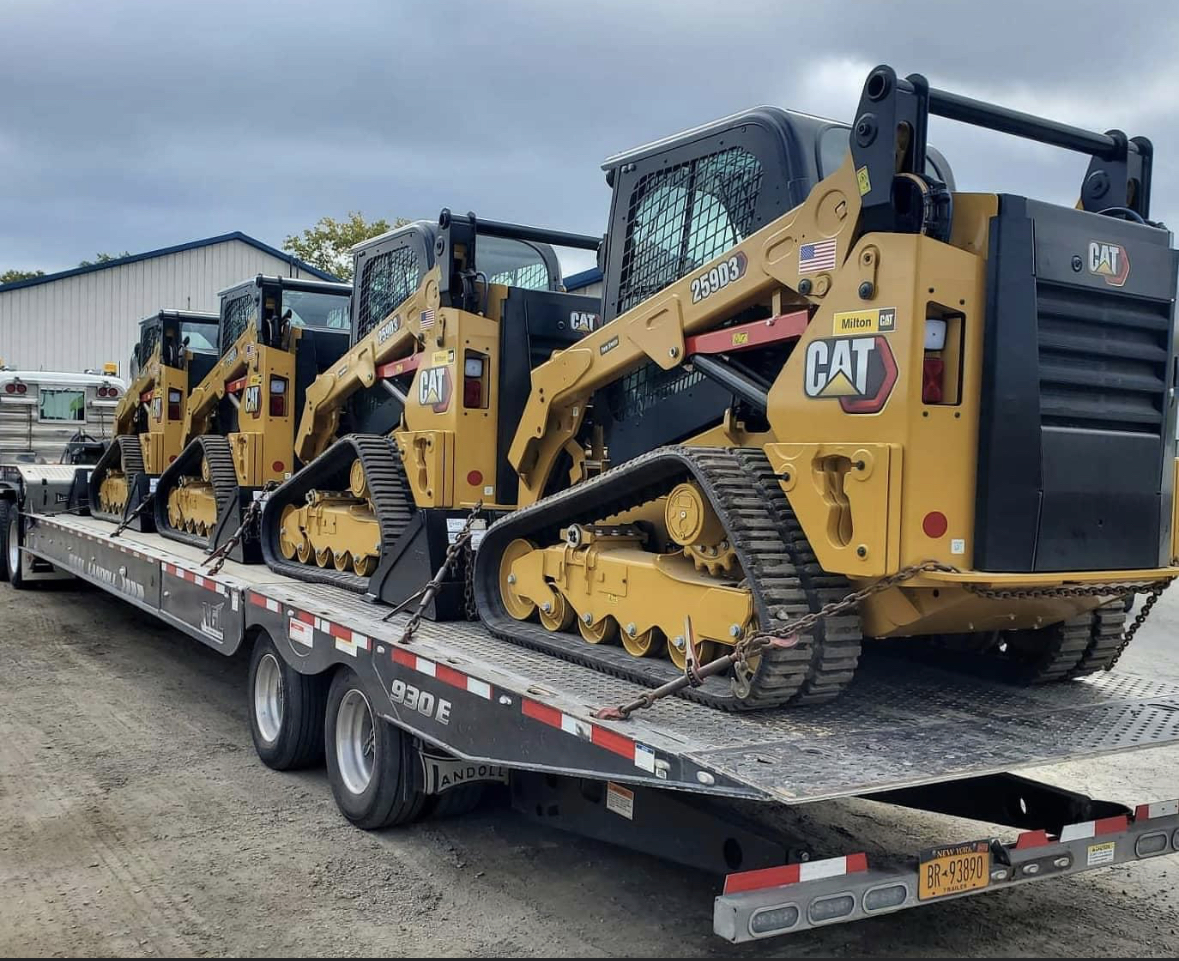
18 Jan Should equipment dealerships be looking to acquire rental companies?
This article was originally published on LearningWithoutScars.com. View the original article post here.
In a recent blog in this forum, I wrote about dedicating your business to rental if you are serious about having a successful rental division in your equipment dealership. That means having dedicated IT systems, facilities, equipment, and personnel focusing solely on rental. As I mentioned in that blog post, I came from an AED type dealer with a rental department. Even though we had significant rental revenues, we did not know what it meant to be a truly responsive and service-oriented rental company. It took me actually working for a dedicated rental business before I fully understood this.
We have seen more and more equipment dealers become interested in the rent-to-rent strategy. These dealers recognize the growing importance of the rent-to-rent model as an integral component in achieving their desired market share and brand exposure within their trade territory. In most cases, equipment dealerships do not have existing staff that have experience in a high-volume rental environment. Unless they have worked in a management role for one of the major rental companies such as United, Sunbelt or HERC, or possibly for a larger regional or independent rental company, your rental (and by rental, I mean rent-to-rent, not rental purchase) department is not likely to achieve its full potential.
Our primary business at The Stansberry Firm is selling rental businesses. Given that some dealers realize they do not have the necessary talent, systems, and expertise in-house, some are now turning to acquiring an existing rental company as a way of gaining that knowledge. In the last few years, we are now seeing a “new” type of acquirer; equipment dealerships (or their wholly owned rental subsidiaries). Often, the biggest challenge for these dealer groups is finding a rental company, especially one with multiple locations, that operates solely within their manufacturer assigned territory. A second issue is that often equipment dealers do not have the in-house capabilities to evaluate, value and/or structure a transaction to acquire a rental company.
I have recently worked with a major CAT dealer to help them acquire two dedicated rental operations to add to their expanding rent-to-rent operations. In addition, I have sold two of my rental company clients to equipment dealers that are looking at these acquisitions to lead the way to integrate the rent-to-rent philosophy into their existing operations. Although I am an acquisition specialist, I am a firm believer that your rental growth strategy should come from a combination of acquisitions and “greenfield” expansion. Most everyone I talk with in the rental industry is complaining that their two biggest challenges are equipment availability and getting good people. An acquisition is a way getting a proven rental revenue stream, rental ready equipment and rental-knowledgeable people on your team that can help strengthen your entire rental strategy.
I want to leave you with a final thought; the rental market is growing. The American Rental Association, through its ARA Rentalytics™ service, has consistently touted 2022 to be a double-digit growth year, to be followed by several more years of more modest growth. There is also a notion that the combination of inflation, rising interest rates, equipment availability and supply chain issues, in tandem with a labor shortage will cause more end users to rent equipment vs. buying equipment: i.e., an increase in rental penetration (equipment rented vs. owned by the end user). According to the ARA, rental penetration in 2019 was 56.7% and dropped to 54.5% in 2020. The last major shift in rental penetration was driven by the 2008 recession; according to the ARA rental penetration in the US was only 39.7% in 2005 steadily increasing from 2011 to the current level of 54.5%. Some industry observers believe the current market factors could drive rental penetration several points higher and possibly as high as 60% within the next 24-36 months. If potentially 60% of the equipment market is rental, why wouldn’t you be looking to grow this segment.
Gary Stansberry is the President of The Stansberry Firm, LLC and specializes in rental business sales and consulting with businesses to increase their value.

